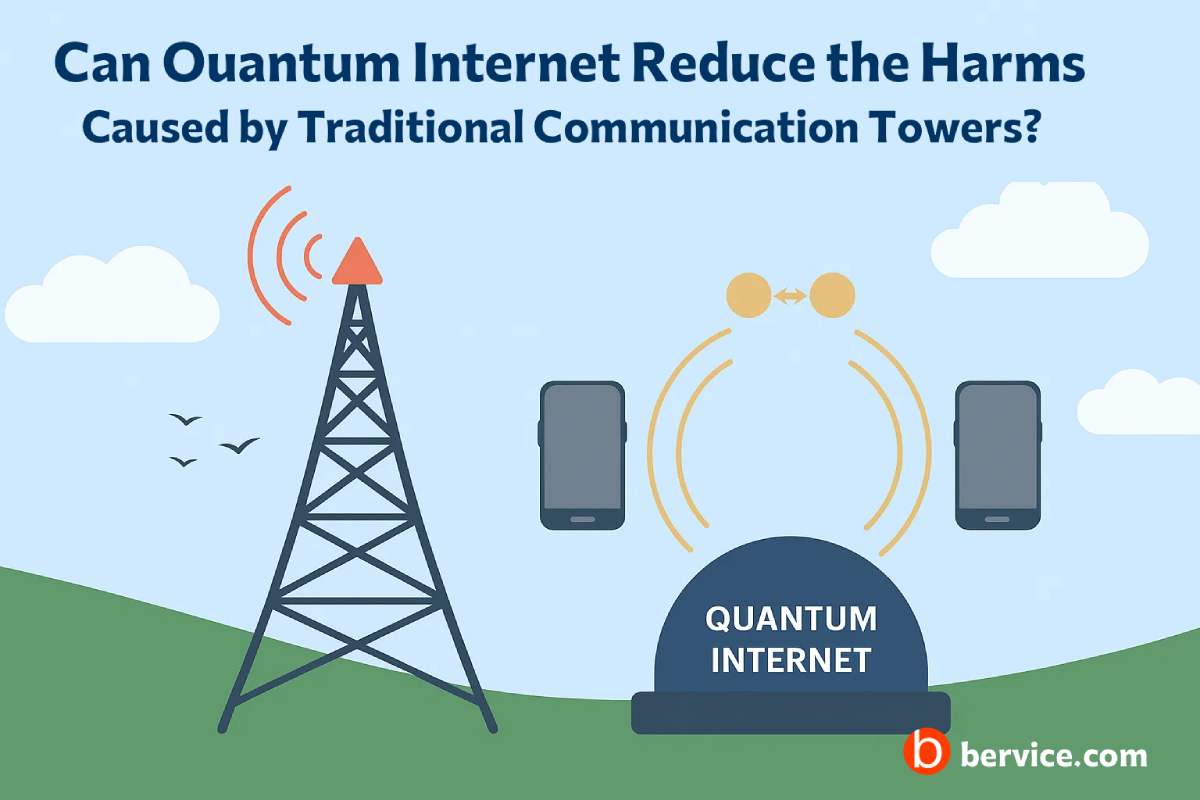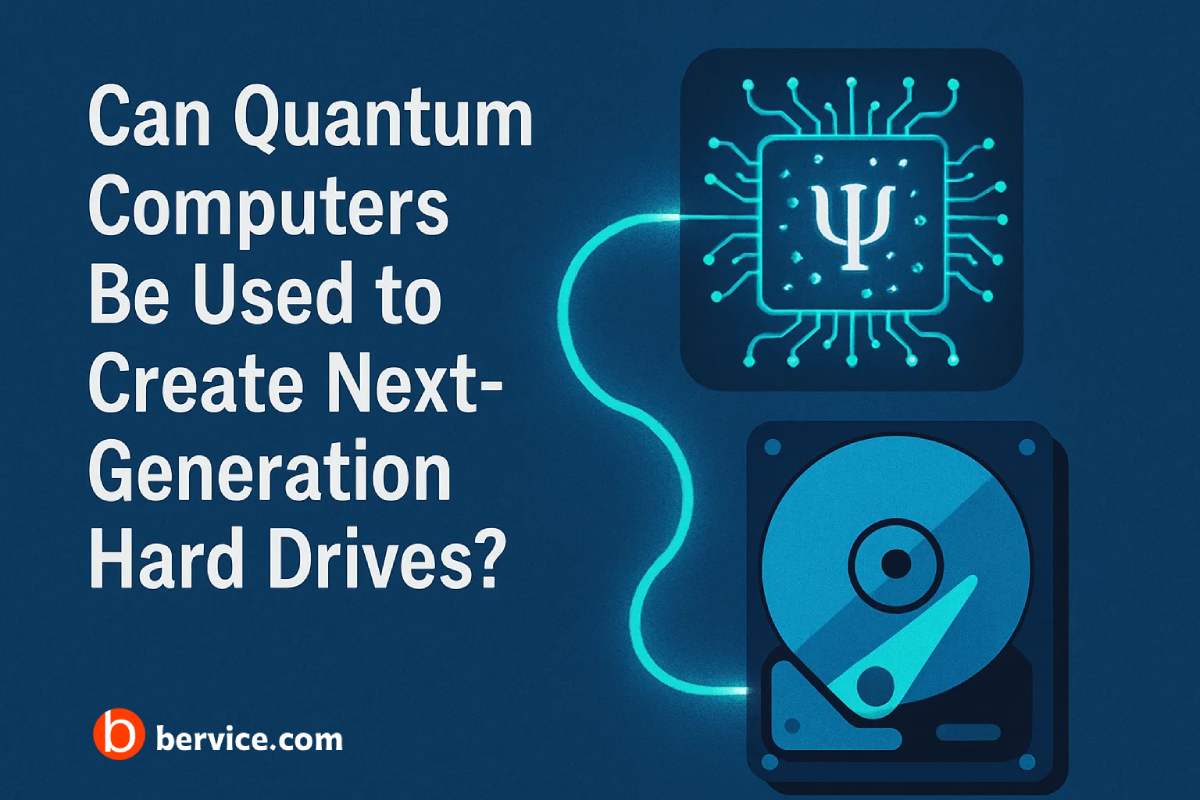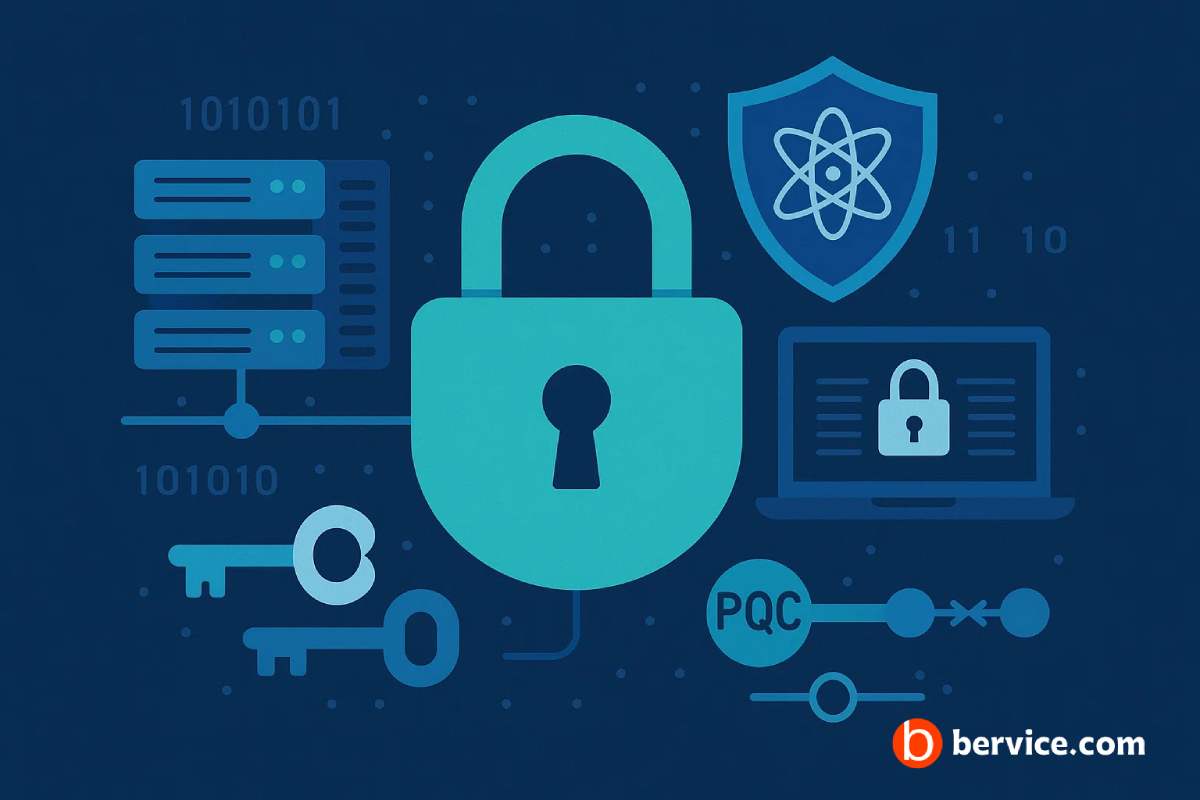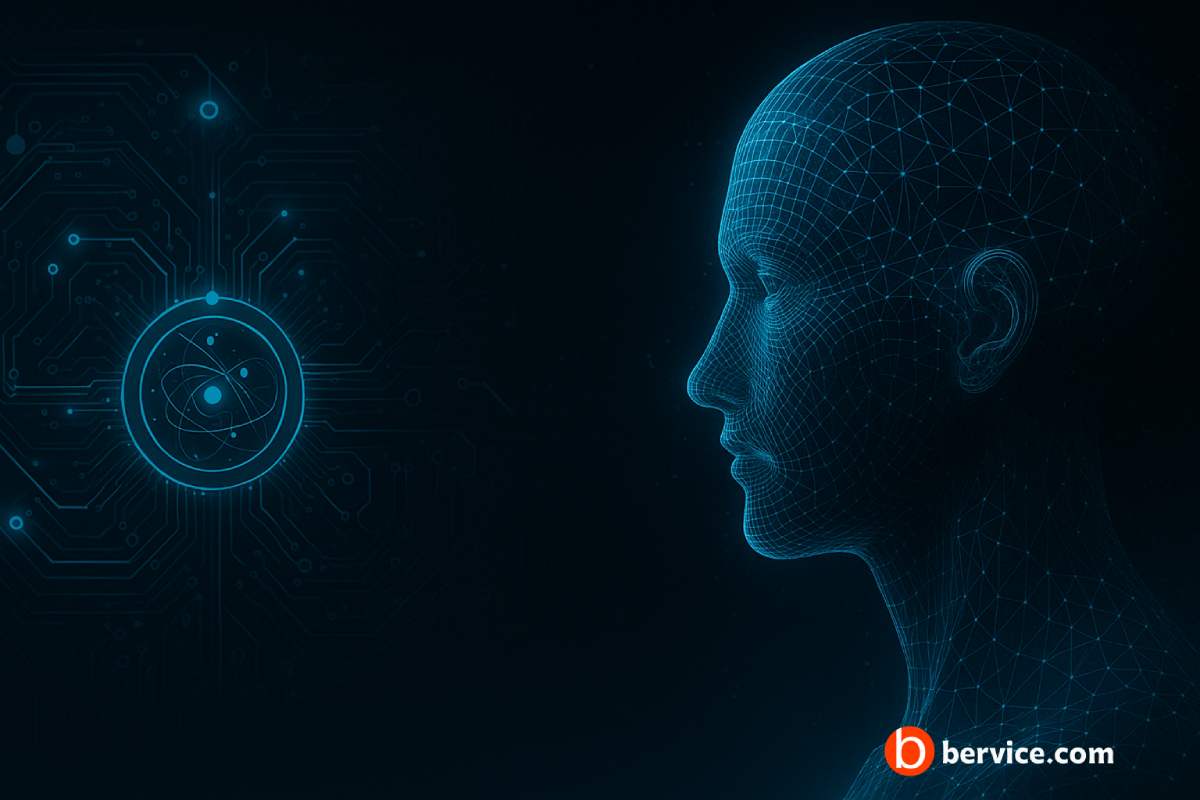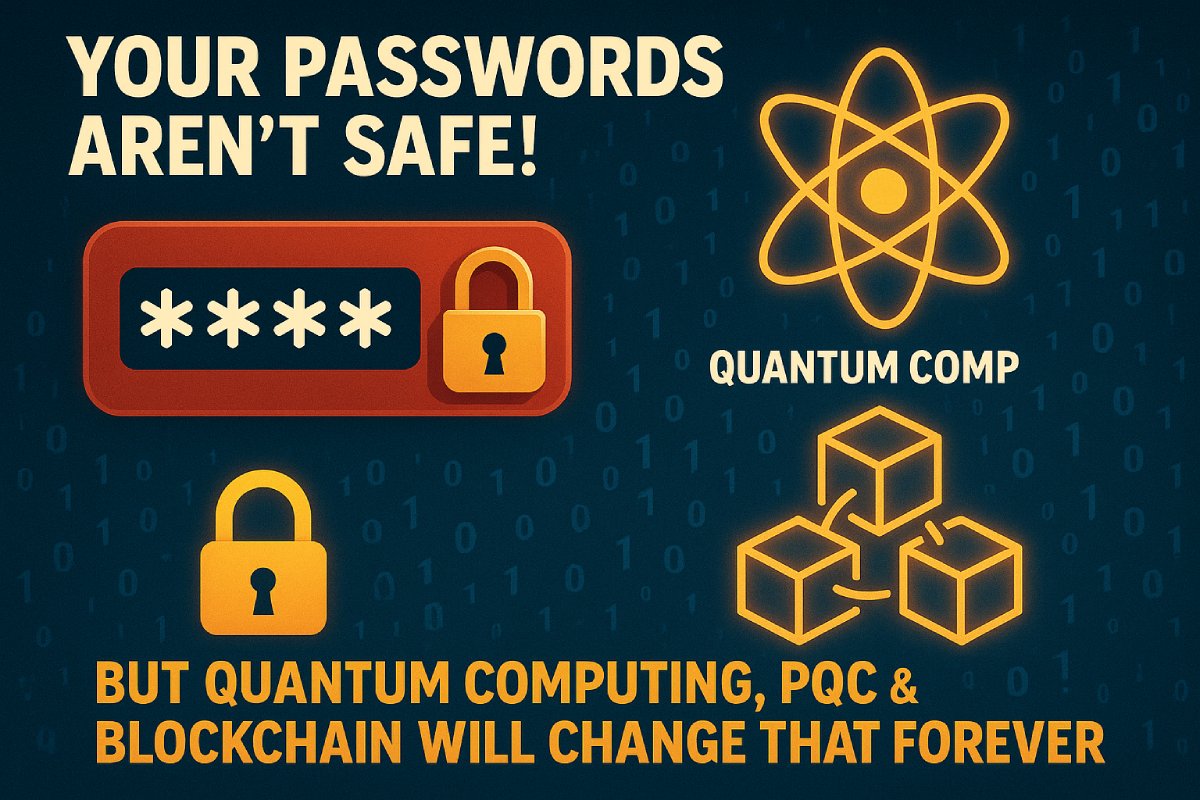
In today’s digital age, data is currency—and passwords are the keys to our kingdoms. Yet, despite layers of security protocols, over 16 billion login credentials have been leaked over the past decade, often from some of the most trusted tech giants. As our lives move increasingly online, the question becomes not if your passwords are vulnerable—but when. But there’s hope on the horizon: a new era of security built on quantum computing, post-quantum cryptography (PQC), and blockchain promises to redefine digital trust and protection.
The Problem: Traditional Security is Cracking ⚠️
Today’s encryption systems, such as RSA and ECC, rely on the difficulty of solving complex mathematical problems. But quantum computers—powered by qubits—are exponentially faster than classical machines at solving such tasks. With enough quantum power, these machines could break today’s strongest encryptions in a matter of hours. This makes our current security infrastructure a ticking time bomb. Passwords, banking data, medical records, and classified documents could all become easily accessible to quantum attackers.
The Solution: Enter PQC and Quantum-Resistant Encryption 🔐⚛️
To counter this threat, cryptographers worldwide are developing post-quantum cryptography (PQC)—encryption algorithms that can withstand quantum attacks. Unlike traditional encryption, PQC uses lattice-based, hash-based, and code-based mathematical foundations that are resistant to both classical and quantum decryption techniques. Organizations like NIST are currently standardizing PQC algorithms for global implementation, signaling a major shift in cybersecurity protocols.
This means even if quantum computers go mainstream, encrypted data using PQC will remain safe—securing everything from personal emails to national security databases.
Blockchain Meets PQC: The Infrastructure of Trust 💠
Blockchain technology—already known for its decentralization and immutability—offers an added layer of security when paired with PQC. By embedding quantum-safe algorithms into blockchain protocols, we can create a system where:
- Identity verification becomes tamper-proof
- Transactions remain irreversible and secure—even in a quantum future
- Data sharing is encrypted beyond the reach of even the most powerful machines
Projects like Quantum Ledger, QANplatform, and xx network are already exploring these integrations, paving the way for a quantum-secure Web3.
The Future of Passwords: Decentralized, Encrypted, and Post-Quantum Ready 🚀
Imagine a world where:
- You no longer store passwords on centralized servers
- Every authentication is backed by PQC algorithms
- Your credentials are stored and validated on blockchain systems that are quantum-proof
This vision isn’t sci-fi—it’s already in motion. Startups and research institutions are building decentralized identity systems where your digital keys can’t be guessed, stolen, or broken—even by the most advanced quantum computer.
Conclusion: The New Security Trinity 🔑⚛️💠
The combination of quantum computing, post-quantum cryptography, and blockchain marks a fundamental transformation in cybersecurity. While we can’t stop the evolution of threats, we can evolve our defenses. In the near future, your online safety won’t depend on password strength—it’ll depend on how quantum-proof your systems are.
It’s time to move past the false sense of security provided by traditional methods. Embrace the future. Because your data deserves unbreakable protection.
Connect with us : https://linktr.ee/bervice
